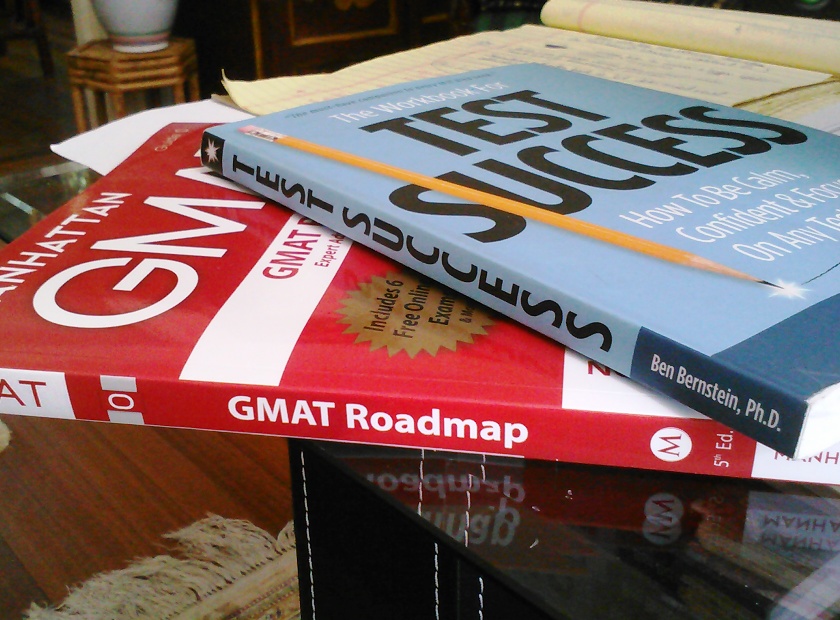A Treasury of Grad School Recommendation Resources
It’s about six weeks from the first deadlines for applying to business school, and thousands of aspiring MBA students are asking their bosses, former bosses, senior colleagues, and even clients for recommendations to business school. Some might argue that it’s already too late to hit up a busy executive for a b-school recommendation, but if you plan and execute right, the amount of time remaining should be reasonable.
Don’t Overthink
You can find many opinions about how to strategize the recommendations all over the web. I only have three words to say about it: Don’t overthink it. Admissions officers have come right out on their websites and told students what they are looking for in a recommendation, and I encourage you to take them at their word.
A classic article/podcast on this subject can be found on the Stanford Graduate School of Business website. Kirsten Moss, the GSB’s Director of MBA admissions, offers some clear advice for all applicants, not just Stanford. She makes it very clear that the recommendation is “about about bringing this person alive. How, if they left tomorrow, would [the] organization have been touched in a unique way. “
Note too, that the people reading your letters of recommendation don’t want everything to be stellar. If all the recommenders say that the applicant is wonderful for the same reasons, or if the student looks like a demi-god, “it loses its authenticity.” says Stanford’s Moss.
But here’s the money quote – why Kirsten Moss and her colleagues at the Stanford Graduate School of Business went to the trouble to spell it out for applicants and their recommenders. This is what they are looking for:
When I read a really great recommendation, the person jumps off the page and they really come alive. I feel like I know them; I know the good, the bad, the warts; if I walked into a room, I could almost pick out this person.
And from Harvard Business School…
Dee Leopold, the very experienced and candid Director of Admissions at Harvard Business School, has also given advice on recommendations. She advises that recommenders answer the questions posed, and be specific (good advice for applicants as well as recommenders!). Furthermore, “Many recommendations are well-written and enthusiastic in their praise but essentially full of adjectives and short on actual examples of how your wonderful qualities play out in real life,” she explains. “What we are hoping for are brief recounts of specific situations and how you performed.” Her blog is not indexed, so I recommend searching for her posts of August 24, 2009 and June 17, 2008.
Several students have chimed in on the recommendations process. One of my favorite applicant blogs, Palo Alto For Awhile, thoughtfully offered a very specific step-by-step guideline for the recommendation process. (S)he recommends asking two-to-three months out, so if you are a stickler, and are thinking of applying the second round, you are not too late.
Another generous soul is Jeremy Wilson, who is on the Northwestern Kellogg admissions committee and currently a JD-MBA student there. He offers some answers
on how to ask someone to write a recommendation who is very, very busy. Good question! His response is thoughtful, and action-oriented. I especially like his #3, “Highlight Why You Picked Them.”
Indeed, organizing and managing the recommendation process can be a challenge, especially if you are applying to a number of different schools. But it’s a lot like managing a project at work: you’ve got to get buy-in and meet the deadlines.
I know you’ve got it in you.




